Frontier Markets Weekly, October 8th 2023
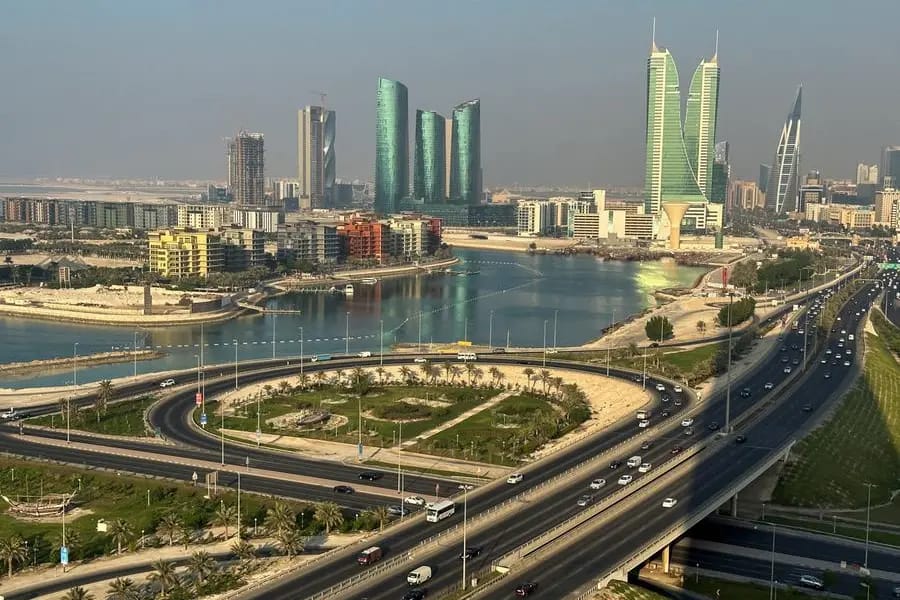
Welcome to the latest edition of Frontier Markets News. As always, we would love to hear from you at hello@frontiermarkets.co with news ideas, feedback and anything else you find interesting.
Sent this by a friend? Sign up here to receive FMN in your inbox every weekend.
By Ken Stibler, Noah Berman and Nojan Rostami. Executive editor: Dan Keeler
Africa
Militants advance in Mali
Islamist militants are expanding their operations in Mali amid the ongoing withdrawal of UN peacekeepers, Reuters reports. The militants are targeting the historic city of Timbuktu, echoing a 2012 rebellion that was quelled with the help of French forces and the UN.
This time, outside help is unlikely to materialize. After two coups in the past four years, Mali’s ruling military leadership severed ties with France and urged UN peacekeepers to leave the country. That has left few partners to help fight surging militants, who are gaining ground across West Africa.
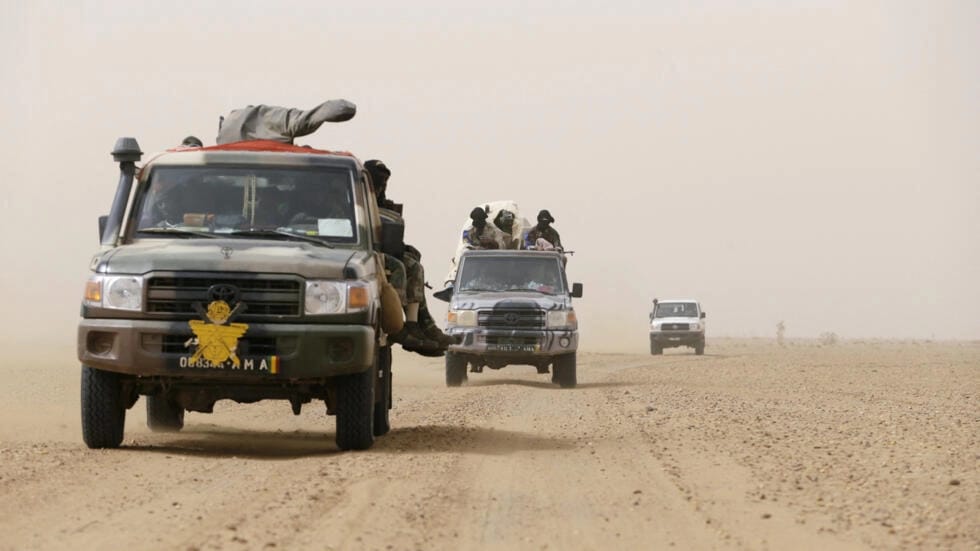
The region has also been rocked by coups in neighboring Burkina Faso and Niger, where French troops began evacuating this week, AFP reports.
WHO approves another malaria vaccine
The World Health Organization recommended a second malaria vaccine for children on Monday. The vaccine will be rolled out first in Africa, according to the United Nations.
The WHO expects the shot to be available next year in Nigeria, Burkina Fasoand Ghana. Nigeria alone accounted for almost a third of malaria deaths worldwide over the two peak years of the pandemic.

The vaccine, which will be more widely available across the continent by mid-2024 and will cost between $2 and $4 per dose, could bring about a “malaria-free future,” WHO director-general Tedros Adhanom Ghebreyesus.
Malaria kills more than 600,000 people per year, almost all of whom live in sub-Saharan Africa. The majority of those who die from the disease are children.
Asia
Indonesia launches first high-speed rail in Southeast Asia
Indonesia launched a long-awaited bullet train on Monday. The 86-mile line will connect the capital of Jakarta with Bandung, a city of 2.5 million people, cutting travel time from three hours to 40 minutes, AP reports.
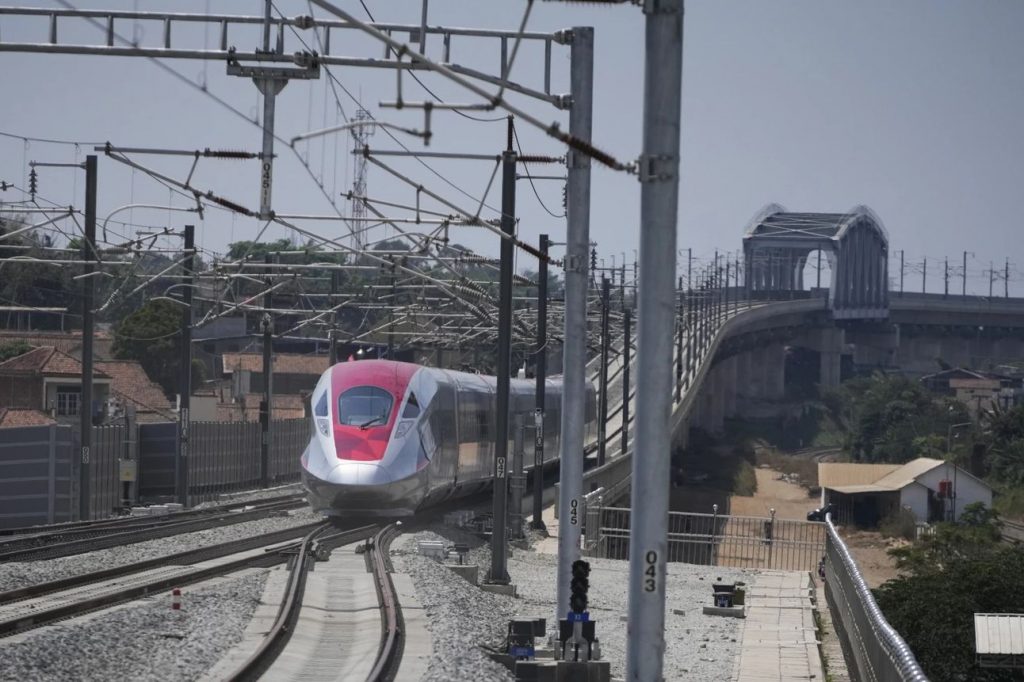
The $7.3 billion project was funded by Chinese state firms and is affiliated with the Belt and Road Initiative, China’s massive global infrastructure investment scheme. The two countries signed the train deal in 2015 with an expectation of beginning service in 2019, but a series of delays exacerbated by the Covid pandemic pushed back construction.
The electric-powered train service is part of a planned 466-mile high-speed linethat would cross the island of Java, connecting Jakarta with Surabaya, a major port in East Java.
Philippines ends rice cap
Philippine President Ferdinand Marcos Jr. said on Wednesday that he had lifted a ceiling on the price of rice after the country’s department of agriculture said rice prices had fallen by 15%, Bloomberg reports.
Rice prices in Asia rose to a 15-year high in August. Marcos introduced the cap on September 5, citing an “alarming” rise in costs.
The decline in price coincided with a boost in domestic rice supply after farmers began harvesting last month. The Philippines is the world’s second-largest rice importer, according to MIT’s Observatory of Economic Complexity.
The removal of the ceiling comes days after the Philippine government announced that it would send subsidies to small rice retailers. Many retailers are yet to receive financial assistance, though, according to independent news site Rappler.
Afghanistan’s Taliban seek Japanese investment
The Taliban government in Afghanistan is calling on Japan to invest in tapping the country’s critical minerals in a move aimed at lifting Afghanistan out of poverty, Nikkei reports. Last month, a Taliban spokesman met with Japan’s envoy to Afghanistan, and the Taliban government signed mining deals totaling $6.5 billion with companies in China, Iran, and Turkey.
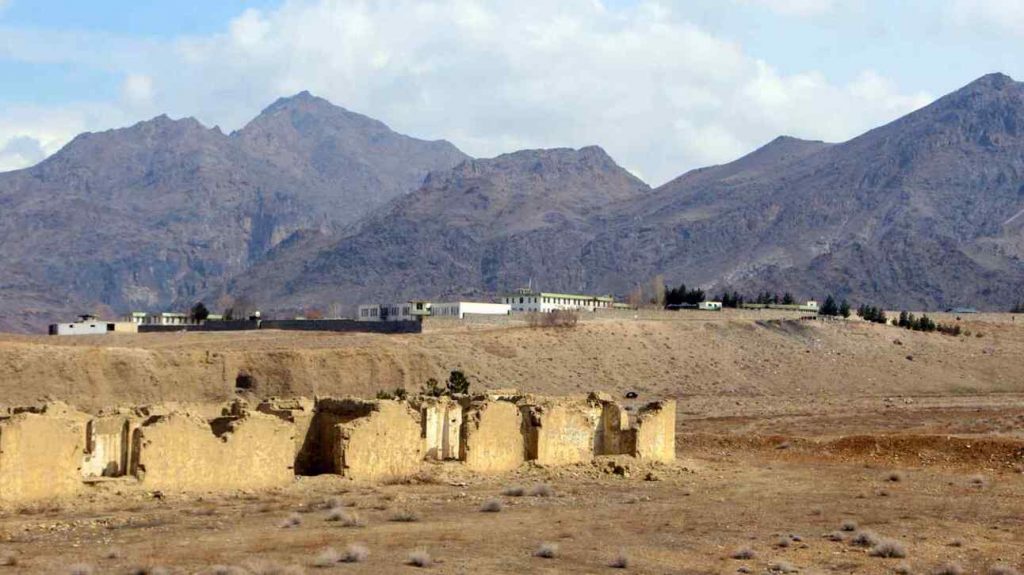
A 2010 report by the US Geological survey found that Afghanistan has $1 trillion worth of unexploited mineral deposits.
Afghanistan is among the world’s poorest countries, and its economic outlook is grim. It has few trading partners, high unemployment, and is repressing women out of society at the cost of $1 billion per year, or about 5% of GDP, according to the UN.
Did someone forward this to you? Subscribe at FrontierMarkets.co
Middle East
Alleged enforcement by Iran’s morality police leaves teenage girl in coma
A teenage girl is in critical condition after an alleged enforcement action by Iran’s morality police, Reuters reports. Partial CCTV footage released on Iranian state news channels but unable to be verified by Reuters, allegedly shows the girl, Armita Geravand, age 16, entering a Tehran metro train without a hijab, shortly before another girl is dragged unconscious from the train.
The Tehran metro’s director said in a statement that Geravand hit her head after fainting as a result of a sudden drop in her blood pressure, but the FT reports that no footage from inside the train cabin has been released to verify the statement.

The incident comes a month after Iran’s legislature approved a new “hijab and chastity” bill granting stronger enforcement powers and stricter punishments for morality law violations, and the expansion of “guardians of hijab” patrol coverage to include public transportation services.
Strong non-oil performance helps power GDP growth in Bahrain
Bahrain’s economy grew 2% year-on-year, supported by 2.2% growth in the oil sector and and 2% growth in the non-oil sector. According to the country’s finance ministry, transport and telecoms was the fastest growing sector at 13.3%, reflecting increased cross-border mobility, while the hotels and restaurants sector grew by 9.6%.

Meanwhile, STC Bahrain, a subsidiary of Saudi Arabian telecom giant STC, announced the launch of 5G slicing services in the country–a next-gen capability enabling rollout of faster, more efficient 5G networks. And in the oil sector, Bahrain’s state-owned BapCo energies is reportedly tapping capital markets to support a pivot towards more environmentally sustainable operations.
Europe
EU unfreezes funds for Hungary as Slovakian election creates another headache in the East
Slovakian elections saw populist former Prime Minister Robert Fico likely returning to power on the back of anti-Ukraine messaging that prioritized immigration and domestic concerns. Fico’s anti-Ukraine stance and opposition to sanctions against Russia align with Hungary’s Prime Minister Viktor Orbán’s position, potentially adding another anti-Ukraine voice within the EU.
This outcome underscores the challenge for Western nations in maintaining unity on Ukraine while engaging constructively with Fico, who may be seen as weakening Europe’s eastern front. The resurgence of populism in Eastern European countries presents additional complexities amid a migration crisis and economic struggles.

In part to pacify Budapest on the Ukraine issue, the European Commission is planning to unfreeze €13 billion of Hungarian funds, frozen since 2022 over rule-of-law concerns. EU leaders hope the financial windfall will secure Orbán’s support for an increase in an EU budget that includes significant financial assistance to Ukraine. The move could draw ire of the European Parliament, though, which has consistently advocated a tougher stance against Orbán’s government.
Ukraine EU membership push divides the bloc as criticisms rise
A recent push to expedite Ukraine’s effort to join the EU is facing a backlashfrom member states concerned about the practicality and viability of such a large expansion, Politico reports. With upcoming EU elections and populist sentiments in some member states, the effort has also given ammunition to Ukraine-skeptic politicians across the spectrum.
- Washington infighting puts US support for Ukraine in doubt (FT)
Additionally, Ukraine’s accession to the EU faces significant financial hurdles that make it unlikely in the near term. Estimates suggest that granting war-torn Ukraine membership would entitle Kyiv to nearly €200 billion overnight, likely requiring higher contributions from existing wealthier member states, such as Germany and France.
Armenia also stoked tensions in Europe by signaling its intention to join the International Criminal Court (ICC), prompting condemnation from Russia, traditionally an ally. Moscow denounced Armenia’s decision as an “unfriendly step” and expressed concerns over the potential arrest of President Vladimir Putin, wanted for alleged war crimes, if he were to visit Armenia.
Latin America
Green transition and food security offer ‘opportunity for Latin America’
Ilan Goldfajn, the President of the Inter-American Development Bank (IDB), is urging Latin American leaders to capitalize on opportunities in green energy, food, and critical minerals to transform the region’s economic prospects according to the FT. Goldfajn plans to increase lending by an additional $20 billion over the next decade, aiming to leverage the twin shifts toward clean energy and bringing production closer to the US market.
With Latin America holding substantial reserves of lithium and copper, Goldfajn sees potential for the region to play a pivotal role in the transition to electric vehicles and renewable energy, countering China’s dominance in this market. The region’s prominent position in global food exports offers another avenue for economic growth. However, Goldfajn emphasizes that governments in the region must invest in education, productivity, and a stable investment climate to fully harness these opportunities.
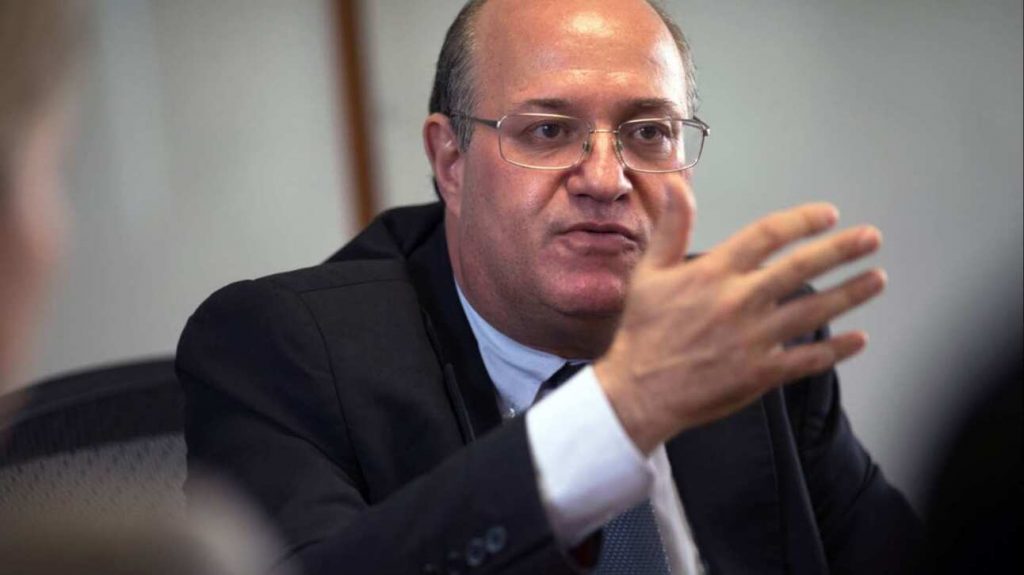
Goldfajn’s planned funding increase would help the region tackle fiscal constraints, demands for improved public services, and low growth. Innovative financial tools, such as climate disaster-linked lending and green bonds, are also being explored to facilitate the transition towards clean energy and economic growth in the region.
Mercosur trade bloc fragile as demand slumps
Realigning trade relationships, rising protectionism, and slowing global trade are threatening to undermine Latin America’s Mercosur trade bloc. The threat to the regional bloc comes against a backdrop of falling Chinese demand for core exports such as soy and beef.
In response to this slowing trade, several members of the trade bloc have begun looking to stimulate domestic demand for goods, cutting imports from each other while lowering taxes on import-competing sectors. These moves could constitute a violation of the bloc’s free-trade provisions, but the Mercosur Parliament is gridlocked with members seemingly unable to find common ground on critical reforms.
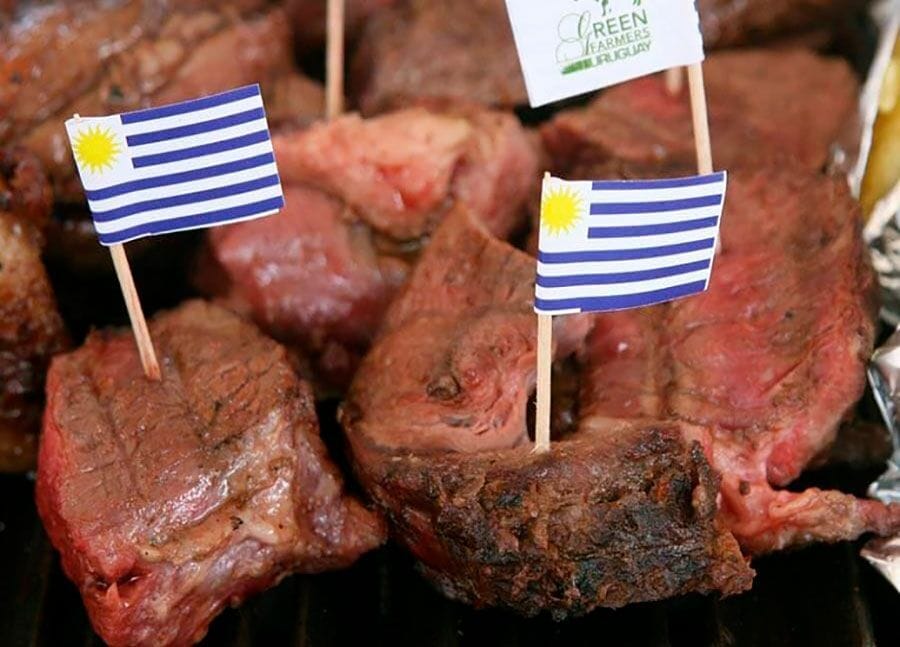
Trade-friendly Uruguay has apparently checked out, pursuing other trade deals against the bloc’s rules. Meanwhile, Brasilia has prevented a long-negotiated free trade agreement with the EU from moving forward, which prompted the newly elected Paraguayan president to call for the 32-year-old bloc’s dissolution if the deal does not conclude by December.
Global
IMF set for funding boost to climate-vulnerable developing nations
The IMF is intensifying efforts to financially support climate-vulnerable developing economies, Bloomberg reports. Managing Director Kristalina Georgieva disclosed that the IMF’s Resilience and Sustainability Trust, initiated in 2022, has already provided financial assistance to 11 countries, including six in Africa.
The IMF plans to accelerate payments from the trust to meet the growing demand, acknowledging the financial strain faced by African nations due to various factors, including the Covid-19 pandemic, Russia’s invasion of Ukraine, and higher global interest rates.
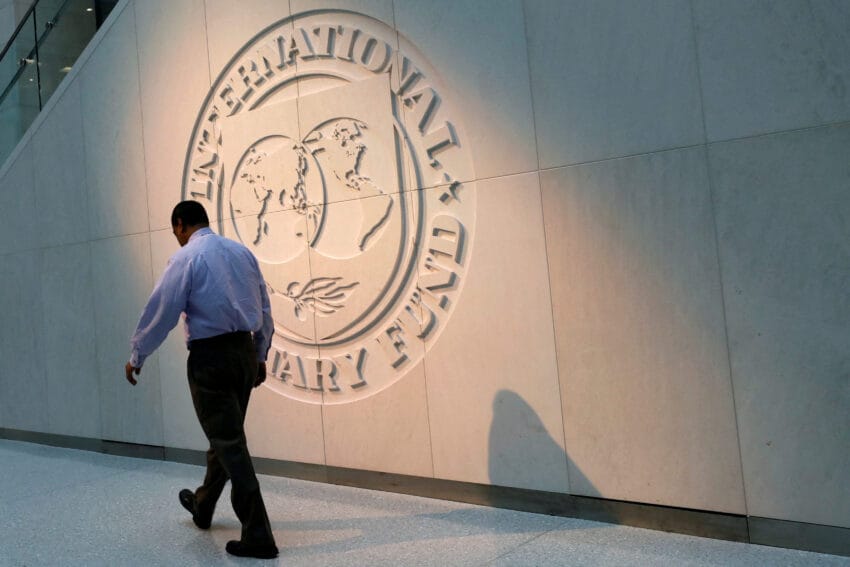
A significant portion of funding for the Resilience and Sustainability Trust has been redirected from the $650 billion worth of Special Drawing Rights (SDRs) issued by the IMF during the pandemic. This approach allows the IMF to provide concessional finance to climate-vulnerable middle-income countries that may not typically qualify for low-interest loans. Additionally, the IMF is exploring debt-for-nature swaps as a means of reducing debt burdens for countries in exchange for fulfilling national climate commitments.
What we’re reading
Ghana accelerates energy transition with $550b plan (Afrik21)
Ghana opposition tries to oust central bank governor (VoA)
Credit Suisse and Mozambique secure out-of-court ‘tuna bond’ settlement (Reuters)
Ethiopia hard-currency guarantee won’t fix debt restructuring, reputational risks (The Africa Report)
US resumes food aid to refugees in Ethiopia (Reuters)
Kenya to seek $1b loan from China (Reuters)
US suspends military aid to Rwanda over support for M23 rebels in DRC (The Africa Report)
Zimbabwe aims to shake off election criticism with new debt deal (FT)
South Africa gives go-ahead for TotalEnergies to drill offshore (Reuters)
Tunisia rejects EU financial aid, casting doubt on an immigration deal (Reuters)
Soaring sugar prices hit African nations the hardest (Bloomberg)
Vietnam: No longer a frontier market? (Reuters)
Philippines risks losing foreign investment over delayed tax rebates (Nikkei)
China keeps Sri Lanka in debt grip, stalling IMF relief (Nikkei)
Taliban brands Pakistan expulsion threat to Afghan immigrants ‘unacceptable’ (Reuters)
China spurned Pakistan’s proposals for new Belt and Road projects (Nikkei)
Asia ‘set for slowest growth since 1960s’ (FT)
Stocks sink across Middle East as Israel goes to war with Hamas (Bloomberg)
Drone attack on Syria military college kills at least 89 and wounds hundreds more (CNN)
Iraq to end all dollar cash withdrawals by Jan. 1 2024 (Reuters)
Turkish warplanes hit Kurdish militia targets in northern Syria after US downed Turkish armed drone (AP)
Saudi Arabia predicts budget deficit as it funnels money into gigaprojects (FT)
Moldova ups fight against Russian propaganda ahead of elections (BalkanInsight)
Argentina: Massa pushes digital currency bill before potential Milei presidency (Mercopress)
Rolling blackouts to hit Ecuador days before presidential vote (Bloomberg)
Bolivian president expelled from own party amid political feud (The Guardian)
Chile’s president curbs radical transformation plans. (FT)
US raises concern with Peru over Chinese control of infrastructure (FT)
Farmers plant more cocoa outside Africa as prices rally (Reuters)
Emerging economies need much more private financing for climate transition (IMF)
Emerging markets assets fall as US treasury rout intensifies (Bloomberg)
AI reveals world’s top 3 universal concerns: Climate, conflict and development (UN)




